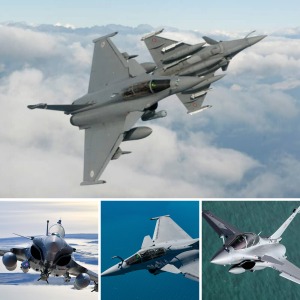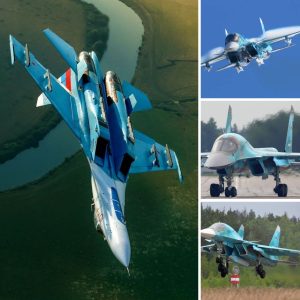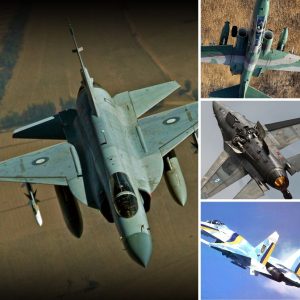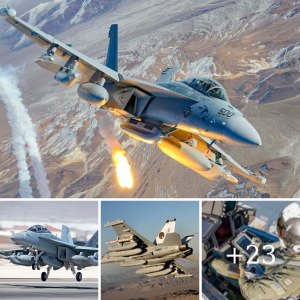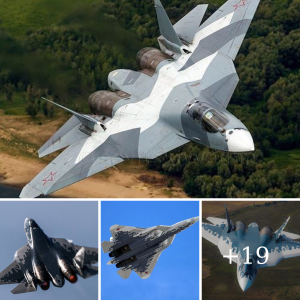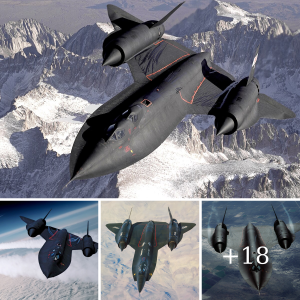In the world of military aviation, few aircraft have earned the legendary status that the MH-6 Little Bird holds. Known for its agility, versatility, and reliability, the MH-6 Little Bird has become an indispensable tool in the arsenal of the United States Special Operations Command (USSOCOM). This unassuming helicopter, often referred to as the “Killer Egg” due to its distinctive shape, has played a critical role in some of the most high-stakes missions around the globe. From precision strikes to covert insertions, the MH-6 Little Bird is a true testament to the power of simplicity and the importance of specialized equipment in modern warfare.
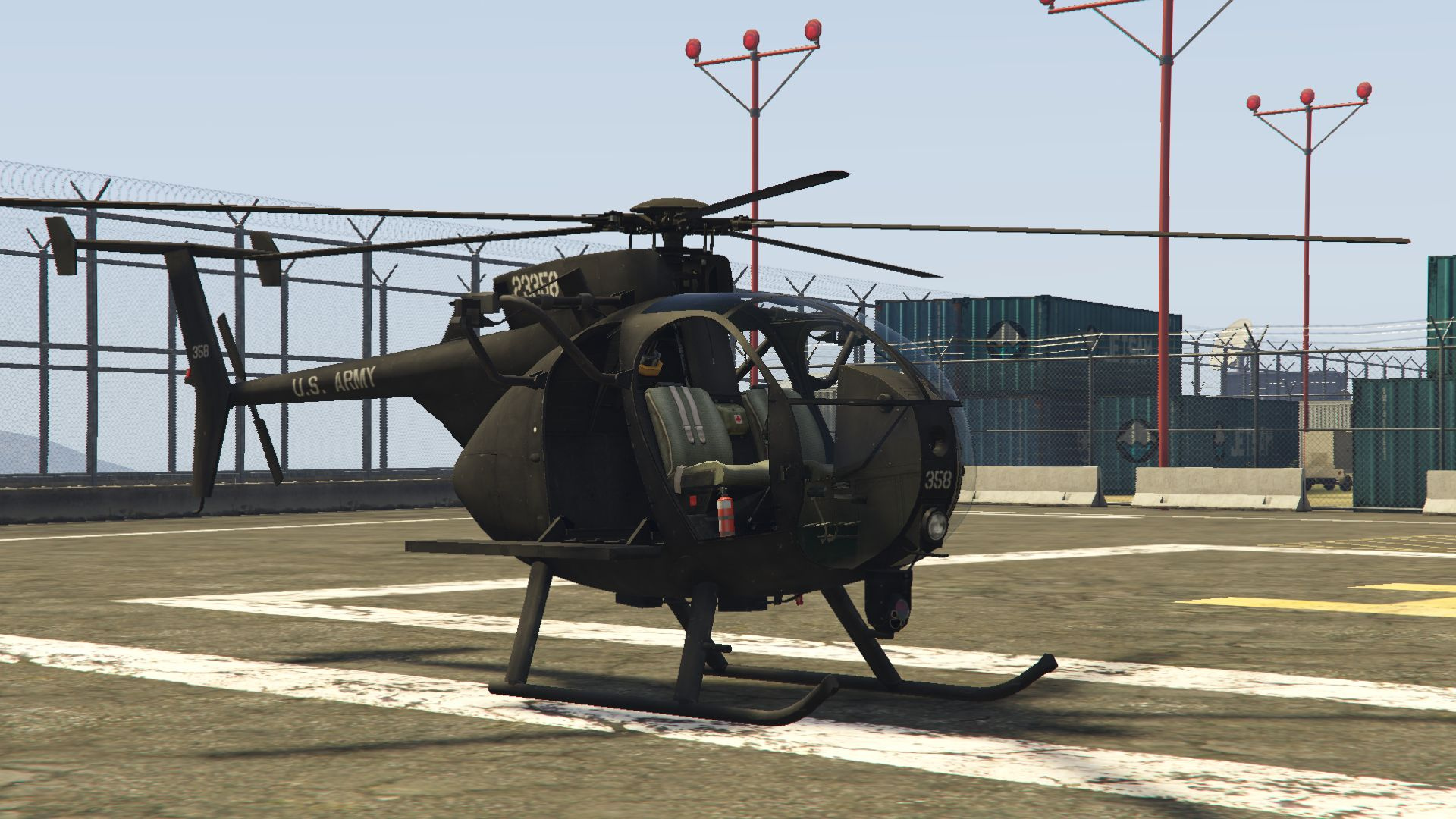
A Compact Powerhouse
The MH-6 Little Bird may be small, but it is mighty. Weighing in at just over 1,500 pounds when empty, this light helicopter is designed for quick, precise, and stealthy operations. Its compact size allows it to maneuver in tight spaces, making it ideal for urban environments and challenging terrains where larger helicopters cannot operate effectively. Despite its small stature, the MH-6 is powered by a robust engine that enables it to reach speeds of up to 175 miles per hour, with a range of approximately 270 miles.
The Little Bird’s minimalist design is deceptive; it is packed with advanced technology. The helicopter is equipped with state-of-the-art avionics, including GPS navigation, night vision systems, and communication equipment that ensure it can operate effectively in all conditions. The aircraft’s cockpit is optimized for situational awareness, allowing pilots to focus on the mission at hand while maintaining a high level of precision and control.
Versatility in the Field
One of the key features that sets the MH-6 Little Bird apart from other military helicopters is its incredible versatility. It can be rapidly configured for a variety of missions, making it a true multi-role aircraft. The MH-6 is often used for the insertion and extraction of special operations forces, where its ability to land in confined areas, such as rooftops or narrow streets, is invaluable. This capability allows operators to deploy and exfiltrate in situations where traditional helicopters would be too large or noisy.
Additionally, the MH-6 Little Bird can be outfitted with various weapon systems, transforming it into the AH-6 variant, a light attack helicopter. In this configuration, it can carry a combination of machine guns, rocket pods, and even guided missiles, providing close air support for ground troops. This adaptability ensures that the Little Bird can perform a wide range of tasks, from reconnaissance to direct action missions.
Proven Combat Record
The MH-6 Little Bird has a storied combat history, having been deployed in numerous conflicts and special operations since its introduction in the 1980s. One of its most famous appearances was during the 1993 Battle of Mogadishu, depicted in the book and film Black Hawk Down. In this operation, MH-6 Little Birds played a crucial role in the insertion of Delta Force operators into the heart of Mogadishu, as well as in providing air support and evacuating wounded soldiers.
More recently, the Little Bird has been a key asset in operations across the Middle East, where its ability to operate in urban environments and provide rapid response capabilities has been invaluable. Whether it is delivering special forces to a high-value target or conducting armed reconnaissance in hostile territory, the MH-6 has proven time and again that it is a reliable and effective platform.
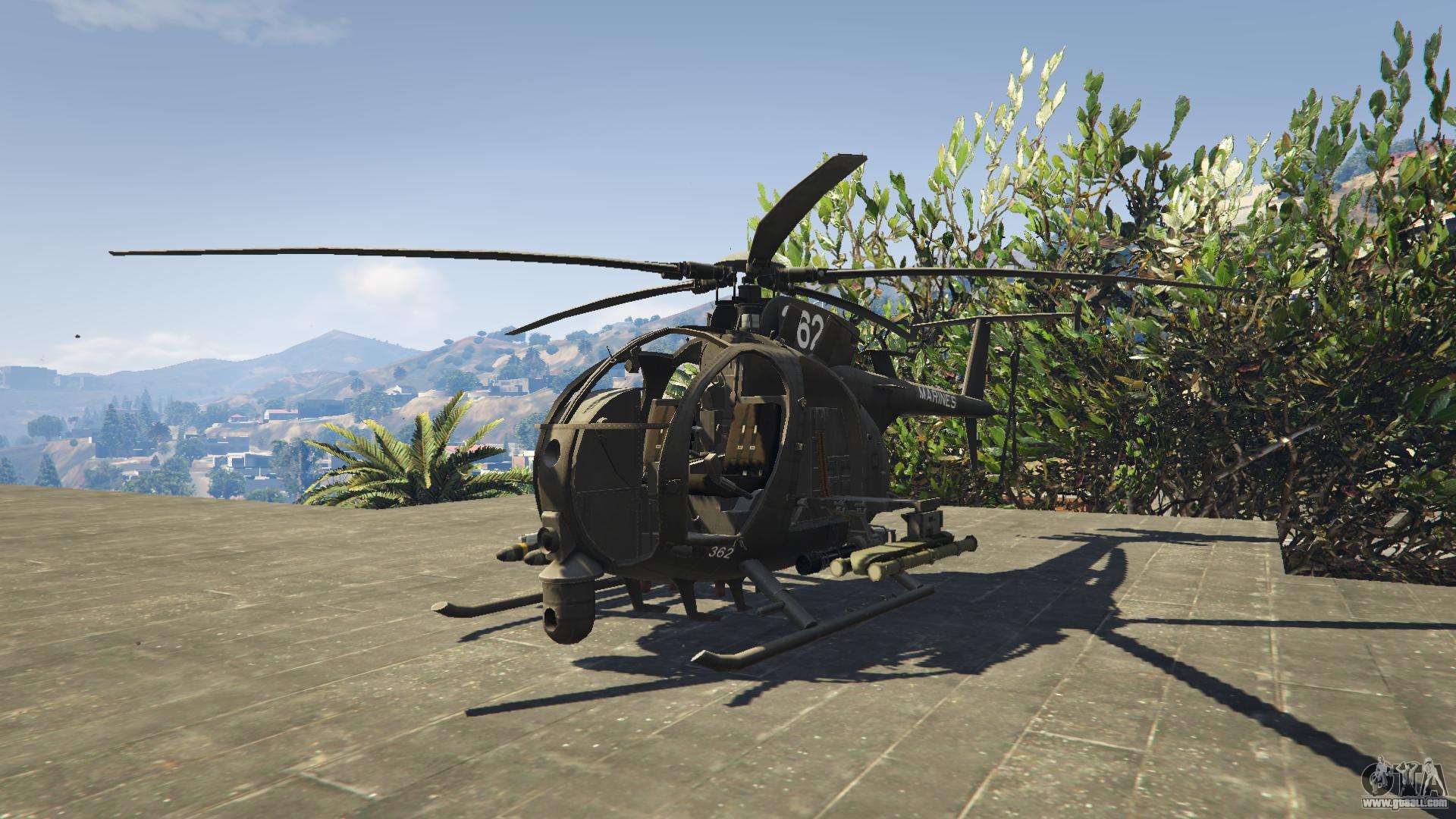
The Silent Guardian
The MH-6 Little Bird’s reputation is built not only on its combat performance but also on its stealth and low-profile nature. Unlike larger helicopters, the Little Bird is designed to be as quiet and discreet as possible, making it the perfect choice for covert operations where surprise and stealth are paramount. Its ability to fly low and fast, combined with its small radar signature, allows it to evade detection and deliver operators right to the target, often under the cover of darkness.
This stealth capability is further enhanced by the use of advanced materials and technologies that reduce the helicopter’s noise and infrared signature. In an era where electronic warfare and countermeasures are increasingly sophisticated, the MH-6’s ability to remain undetected gives it a significant advantage in the field.
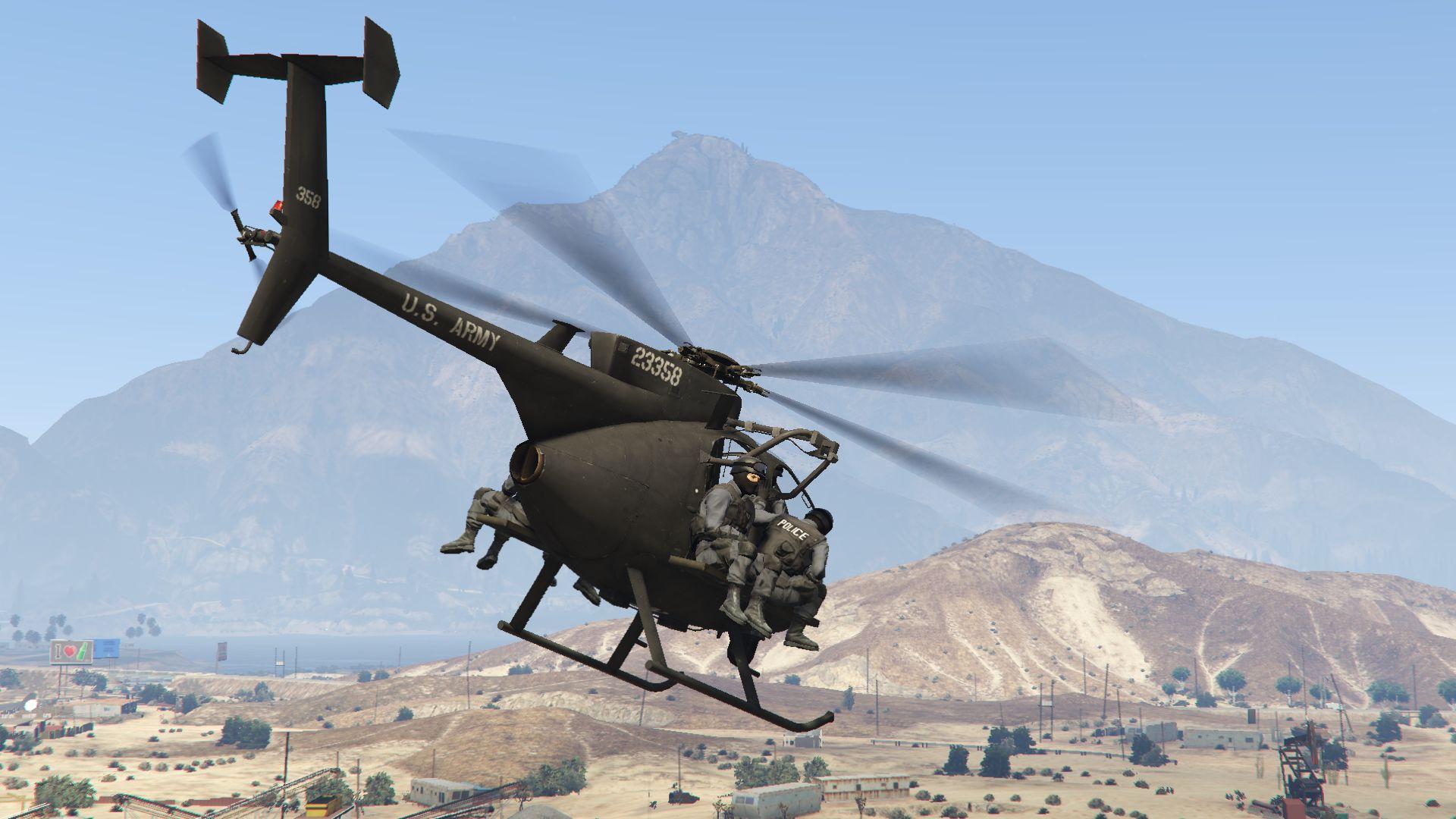
Looking Ahead: The Future of the MH-6 Little Bird
As military technology continues to evolve, so too does the MH-6 Little Bird. Modern upgrades and enhancements have ensured that this venerable helicopter remains at the forefront of special operations aviation. Advances in avionics, communication systems, and weapons integration have allowed the Little Bird to keep pace with the demands of contemporary warfare.
Looking to the future, the MH-6 is expected to continue its role as a critical asset in special operations. Its unmatched versatility, proven combat record, and ability to operate in some of the most challenging environments make it an irreplaceable tool for military forces worldwide. As new threats emerge and the nature of warfare changes, the MH-6 Little Bird will undoubtedly remain a silent guardian, ready to swoop in when the stakes are highest.
![AH-6M Little Bird [Add-On] - GTA5-Mods.com](https://img.gta5-mods.com/q95/images/ah-6m-little-bird-add-on/872038-12.jpg)
Conclusion
The MH-6 Little Bird is a shining example of how the best military tools are often the simplest. Its agility, versatility, and combat-proven capabilities have made it an icon in the world of special operations. As it continues to evolve and adapt to new challenges, the Little Bird will remain a key asset in the pursuit of global security, silently soaring into the most dangerous situations to ensure mission success.
